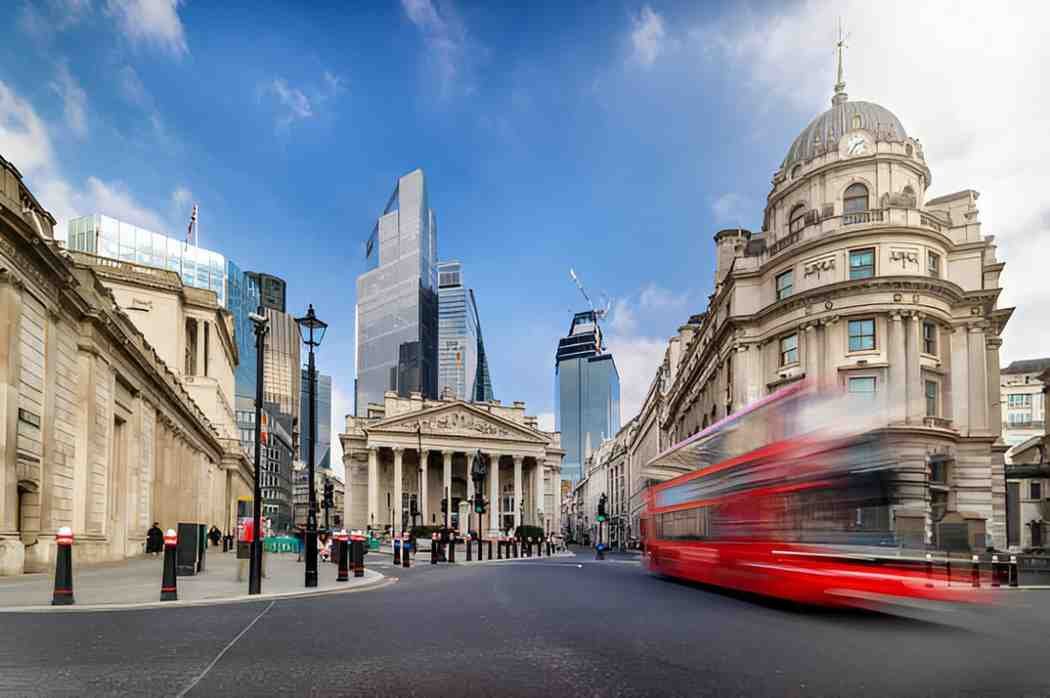Introduction
When I first heard the term Lombard Street, I pictured a winding road in San Francisco. But Lombard Street is more than just a tourist attraction—it’s a symbol of global finance. In this guide, I’ll break down what financial districts like Lombard Street represent, how they function, and why they matter to everyday investors like you and me.
Financial districts are the nerve centers of economic activity. Whether it’s Wall Street in New York, the City of London, or Lombard Street in London, these hubs dictate global markets. I’ll explore their history, mechanics, and influence on modern finance.
Table of Contents
What Is Lombard Street?
Lombard Street, located in London’s financial district, has been a banking epicenter since the 17th century. Named after Italian merchants from Lombardy, it became synonymous with banking and credit. Today, it represents the broader financial ecosystem—banks, investment firms, and regulatory bodies shaping global economies.
The Role of Financial Districts
Financial districts serve three primary functions:
- Capital Allocation – They channel funds from savers to borrowers.
- Market Liquidity – They ensure assets can be bought and sold efficiently.
- Risk Management – They provide tools like derivatives to hedge financial exposure.
For example, if I invest in a stock traded on the New York Stock Exchange (NYSE), I rely on the financial district’s infrastructure to execute my trade fairly and swiftly.
How Financial Districts Operate
The Mechanics of Trading
Financial districts facilitate transactions through exchanges, over-the-counter (OTC) markets, and electronic platforms. The price of an asset is determined by supply and demand, often modeled as:
P = \frac{D}{S}Where:
- P = Price
- D = Demand
- S = Supply
If demand for Apple stock rises while supply remains fixed, the price increases.
Example: Calculating Stock Returns
Suppose I buy a share of Company X at \$100 and sell it at \$120. My return is:
Return = \frac{120 - 100}{100} \times 100 = 20\%Key Players in Financial Districts
| Entity | Role | Example |
|---|---|---|
| Commercial Banks | Accept deposits and provide loans | JPMorgan Chase |
| Investment Banks | Facilitate mergers and IPOs | Goldman Sachs |
| Hedge Funds | Invest aggressively for high returns | Bridgewater Associates |
| Regulatory Bodies | Ensure market fairness and stability | Securities and Exchange Commission (SEC) |
Comparing Major Financial Districts
| District | Location | Key Features |
|---|---|---|
| Wall Street | New York | Largest stock exchanges (NYSE, Nasdaq) |
| The City | London | Forex trading hub, Lombard Street legacy |
| Bay Area | San Francisco | Tech-driven venture capital |
Wall Street dominates equities, while London leads in foreign exchange (forex). The Bay Area, though not a traditional financial district, influences tech financing.
The Mathematics Behind Financial Markets
Compound Interest
If I invest \$1,000 at a 5\% annual interest rate, compounded yearly, the future value (FV) after n years is:
FV = P \times (1 + r)^nWhere:
- P = \$1,000
- r = 0.05
- n = 10
Risk and Return
The Capital Asset Pricing Model (CAPM) estimates expected return (E(R_i)):
E(R_i) = R_f + \beta_i (E(R_m) - R_f)Where:
- R_f = Risk-free rate (e.g., U.S. Treasury bonds)
- \beta_i = Stock’s volatility vs. market
- E(R_m) = Expected market return
If R_f = 2\%, \beta_i = 1.2, and E(R_m) = 8\%, then:
E(R_i) = 2\% + 1.2 \times (8\% - 2\%) = 9.2\%Why Financial Districts Matter to You
Even if I don’t work in finance, these districts affect my:
- Retirement funds (via 401(k) investments)
- Mortgage rates (set by central banks)
- Job market (corporate funding drives hiring)
Conclusion
Lombard Street isn’t just a place—it’s a concept. Financial districts drive economic growth, influence policy, and impact personal wealth. Understanding them helps me make informed financial decisions, whether I’m investing \$100 or \$100,000.





